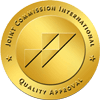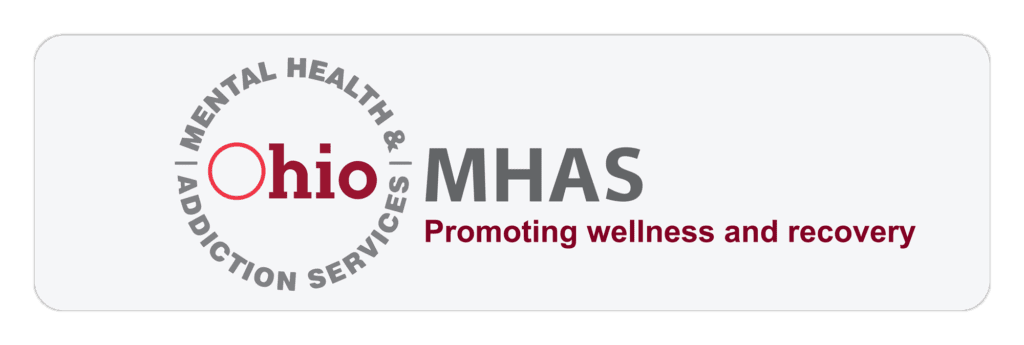A STEP-BY-STEP ACCOUNT OF ALCHOHOL WITHDRAWAL
- September 26, 2020
- Prosperity Haven
- Addiction Treatment

Alcohol withdrawal isn’t the same for everyone, but it’s known for distinct phases and common symptoms that can be easily identified. It can also be dangerous, especially when the process of getting clean isn’t done under the supervision of a professional alcohol addiction treatment team.
At Prosperity Haven, we want people struggling with alcohol addiction and their loved ones to know what they’re up against with alcohol withdrawal. Here’s a timeline of what to expect while your body is adjusting to becoming sober.
How Long Does Alcohol Withdrawal Last?
We want to make it clear that while we may describe difficult or even dangerous side effects, getting clean is worth the work, as proper alcohol treatment is the only true path to safety and freedom.
How long alcohol withdrawal lasts depends on a number of factors: your tolerance levels, how long and how frequently you’ve been abusing alcohol, the quantity you use at one time, and other factors.
For most people, the most severe symptoms of alcohol withdrawal typically last around a week, but it’s important to get clean under professional supervision — otherwise, symptoms can become chronic and the risk for relapse increases.

What Is Alcohol Withdrawal Like?
Alcohol withdrawal typically occurs over three stages of increasing intensity. Some symptoms, particularly in the third stage, can be extremely challenging and even threatening to your health, and should be managed closely.
Stage 1: 8 Hours After Last Drink
Most symptoms at this stage are unpleasant, but manageable. These may include headache, insomnia, nausea and vomiting, and heart palpitations. You may also begin to experience mental health issues like anxiety and depression, as well as fever-like sweating and tremors.
Stage 2: 1-3 Days After Last Drink
More feverish symptoms may arrive in addition to the above during this time, including mild hypothermia, rapid breathing, high blood pressure and heart rate, and confusion. In less severe cases, this may be the worst of it, but you shouldn’t count on being past it yet.
Stage 3: More Than 3 Days After Last Drink
For many people, this is when alcohol withdrawal becomes most difficult and dangerous. Much of this has to do with a condition called “delirium tremens” (DT), which can cause hallucinations, mood swings, confusion, hypersensitivity, and even seizures. In some cases, seizures occur without other symptoms.
Getting clean is a mental and physical challenge, but alcohol withdrawal is also a positive first step towards recovery. It only lasts a matter of days, and attentive care can make this time far more comfortable and manageable as the individual begins the worthwhile journey to a healthier, happier life of sobriety.
When Is Alcohol Withdrawal Dangerous?
While alcohol withdrawal is hazardous to health at all stages, it is at its most dangerous in Stage 3, especially when DT is present: DT is fatal in a full 5-10% of cases.
An alcohol-addicted person’s body is used to the depressant effects of alcohol, which repress brain, heart, lung, and metabolic functioning. Without the depressant that the body has become accustomed to, these organs and systems can destabilize, leading to cardiac arrest, lung failure, and coma.
And even beyond these direct health risks, extreme withdrawal symptoms can lead someone to relapse — but since their tolerance has changed in the absence of alcohol, overdose or alcohol poisoning are far more likely to occur. It’s important not only to have a healthy alcohol detox period, but also, access to full alcohol addiction treatment to manage these risks and cravings.

Alcohol Recovery in the Cleveland Area
One of the most important parts of alcohol withdrawal to consider is its long tail. While the worst of the physical symptoms, such as DT, may end during a weeklong alcohol detox program, the long-term physical and mental health effects of alcohol abuse on the body will continue to reveal themselves for weeks and months after the body stops relying on alcohol’s depressant effects.
At Prosperity Haven, we pride ourselves on providing continuing care for people suffering from alcohol addiction in the Cleveland area. Our individualized combination of evidence-based and holistic therapies help heal the unpleasant and unhealthy long-term damage of alcohol addiction.
We work hard to make our Cleveland-area alcohol addiction treatment not only effective, but as comfortable and peaceful for our clients as possible. To learn more about accessible alcohol recovery, please call Prosperity Haven at 440-253-9915 today.






